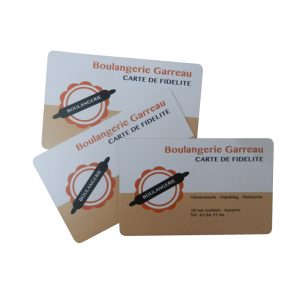Playing cards have played a significant role in various cultures around the world for centuries, and preserving their traditions is essential for maintaining cultural heritage. Here are some ways in which the traditional role of playing cards in culture can be preserved:
- Education and Documentation:
- Document the history and cultural significance of playing cards in different societies. This could involve creating books, documentaries, or online resources that highlight the evolution and impact of cards in various cultures.
- Museum Exhibitions:
- Establish museum exhibitions dedicated to playing cards. These exhibitions can showcase historic decks, explain their origins, and delve into the social and cultural contexts in which they were used.
- Cultural Events:
- Incorporate playing cards into cultural festivals, fairs, and events. This can include card game tournaments, exhibitions, and demonstrations of card magic or cardistry.
- Traditional Games and Stories:
- Promote the continued practice of traditional card games. Organize events where people can learn and play these games, passing on the knowledge to younger generations.
- Artistic Interpretation:
- Encourage artists to create contemporary artwork inspired by playing cards. This can include paintings, sculptures, and digital art that incorporate card designs and symbolism.
- Collaborations with Artists:
- Collaborate with artists and designers to create new decks that pay homage to cultural themes and traditions. These decks can capture the essence of the culture while adding a fresh artistic perspective.
- Educational Programs:
- Develop educational programs in schools or community centers that teach the history, rules, and strategies of traditional card games. This can help keep these games alive among younger generations.
- Interdisciplinary Projects:
- Combine card games with other cultural elements, such as music, dance, or literature. Creating interdisciplinary experiences can make playing cards more engaging and relevant to modern audiences.
- Digital Preservation:
- Use technology to digitize historical decks, rules, and related literature. Online archives can provide easy access to these resources for researchers and enthusiasts.
- Cultural Exchanges:
- Promote cross-cultural interactions by sharing card games and traditions from different parts of the world. This can lead to a deeper appreciation of the diversity of card-playing cultures.
- Storytelling and Oral History:
- Encourage older generations to share stories and memories related to playing cards. These stories can be passed down through generations to preserve the cultural context.
- Support from Institutions:
- Seek support from cultural institutions, libraries, and universities to fund research and projects related to the preservation of playing card traditions.
By combining efforts in education, art, history, and community engagement, it’s possible to ensure that the rich cultural heritage of playing cards continues to thrive and inspire future generations.


























